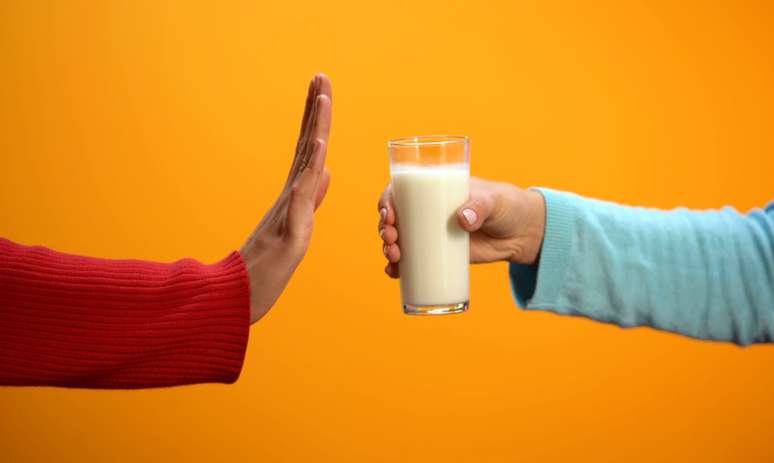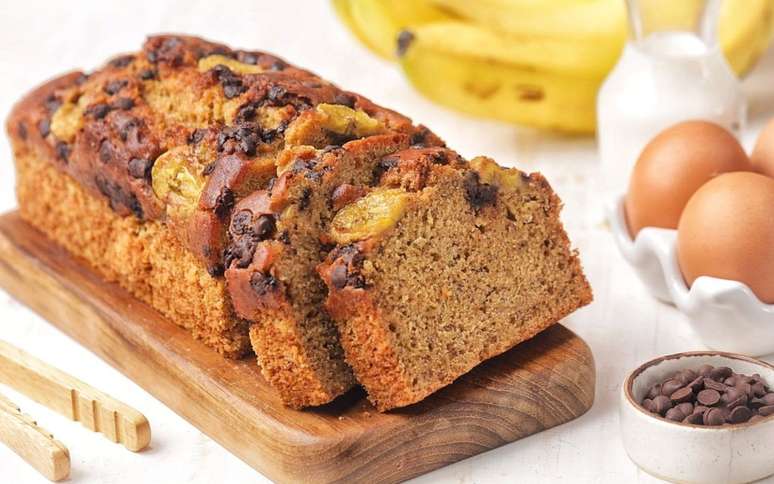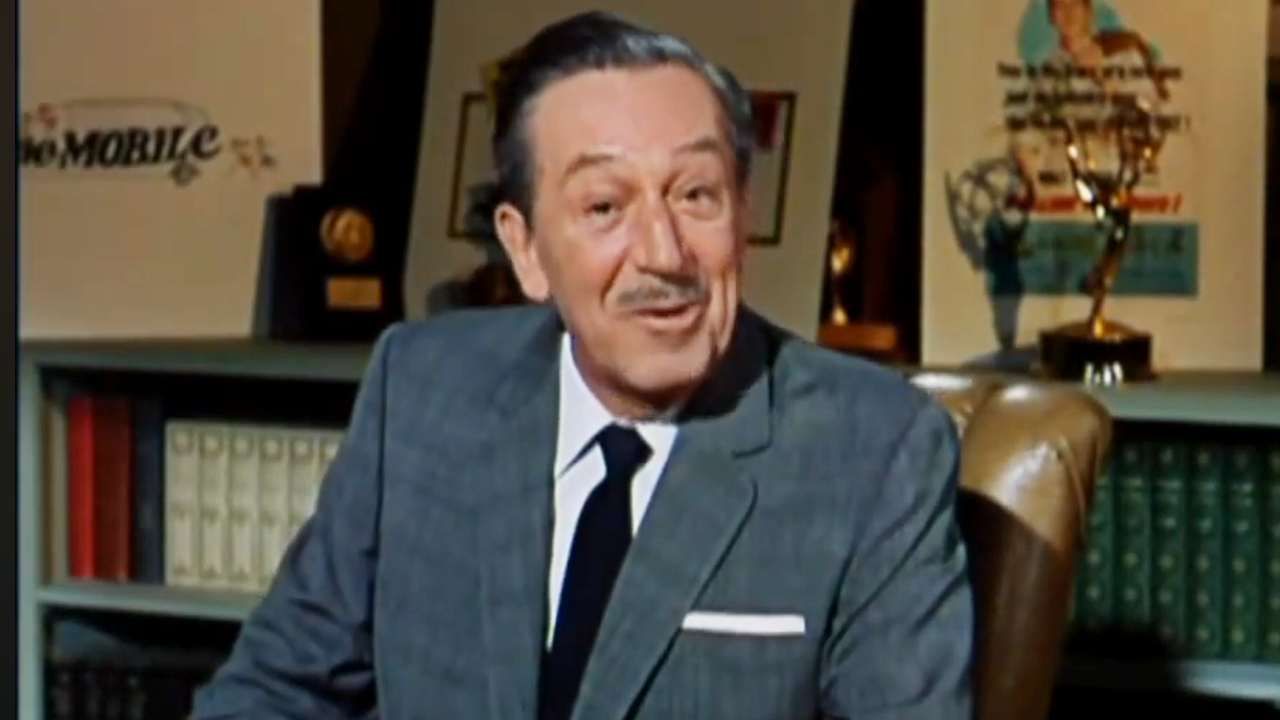During cancer treatment, tastes change and food preferences need to be rediscovered among the side effects.
Karina Carvalho, 42, did not feel bad during her 16 sessions chemotherapy due to breast cancer, but constipation was a problem. Already being treated for breast cancer for Carolina Cury, 42, she had a strong desire to eat red meat during treatment, despite being a vegetarian for more than ten years. Paula de Vries, 36, who looks after a Ovarian cancer four years ago he abused lemon risotto: it was one of the things that helped fight the nausea of chemotherapy. In my case, every month I could only eat a certain thing: there was the phase of the rice balls, the pea soup, the meat and potato stew.
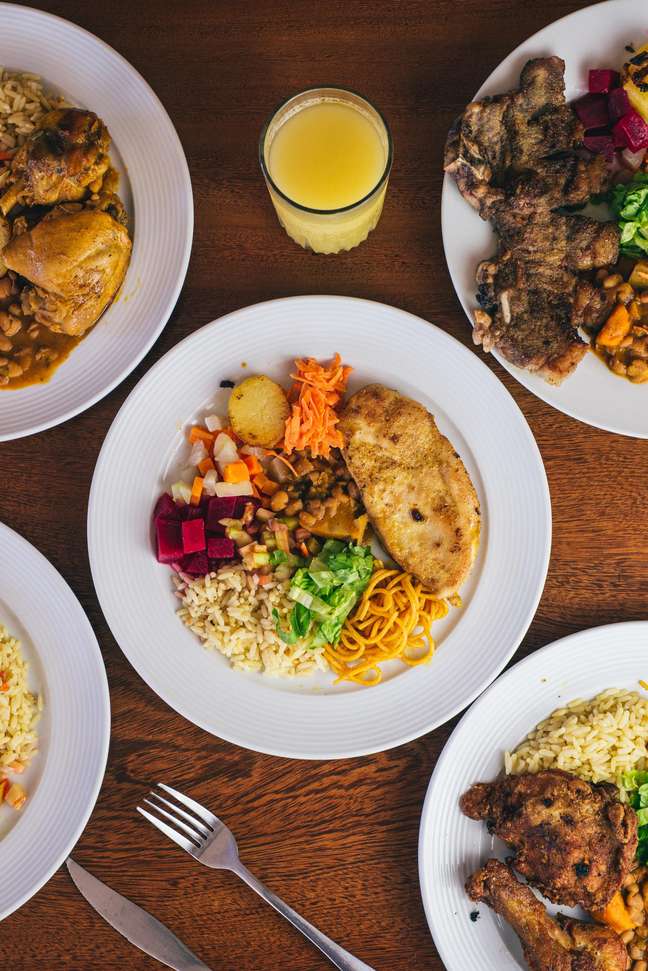
Eating during chemotherapy is a challenge. Suddenly, you can’t even smell your favorite dish. Tastes change, certainties dissolve and you have to rediscover your food preferences.
Even going through similar treatments, each person will react differently to chemotherapy. According to Amanda Maria dos Anjos Campos, nutritionist at ACCamargo Cancer Center, 80% of patients suffer from nausea, but there are other side effects, such as constipation, diarrhea, mucositis (mouth sores), lack of appetite and loss of taste. .
Karina Carvalho says eating too much white flour and fermented foods before her first chemo caused intestinal congestion. Therefore, she began to prioritize foods rich in fiber, fruits such as apples and plums, juices. “My diet has gotten healthier,” she says.
Carolina, on the other hand, suffered from nausea during her 16 chemotherapy sessions last year. For her, what helped control nausea was frozen açaí, lemon popsicle, and coconut water. “Before chemotherapy, I already left a stash at home,” she says. Since sugar also made her sick, she adopted unusual combinations: mandarin with soy sauce, apple with salt. “The persimmon, the mango, which I’ve always liked, I couldn’t look at,” she recalls. “I couldn’t stand the smell of sweet things.”
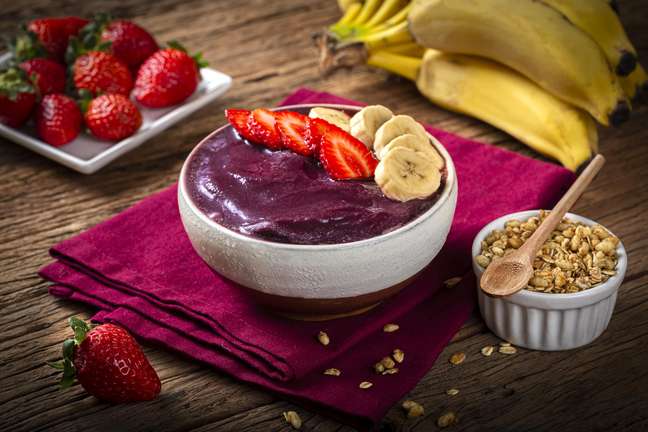
This, says Amanda, is very common. Therefore, patients are encouraged during this period to eat whatever they want, without major restrictions. “It’s best to eat whatever you want and come in with a dietary supplement if needed.”
Food has a social function
Of the same opinion is Sâmya Seiler Loureiro, nutritionist at the Sírio-Libanês hospital. According to her, in this period of treatment it is important to make eating more enjoyable. “Food is not just nutrition. It is a moment with the family, a moment with friends, it is part of our social life,” she says. According to her, while encouraging healthy and nutritious eating, it is necessary to keep in mind that this is not always possible. “It is a moment, a transition phase”.
The hospital has created a free downloadable recipe book that helps alleviate the side effects of the treatment, but which can also be consumed by the family, so they can continue to eat together. “The idea was to demystify the issue of food for cancer patients and help encourage food, always thinking about the nutritional issue,” says Anna Caroline Zamberlan Diniz, chef from Sírio-Libanês who participated in the experimentation and organization. recipes. According to her, gastronomy and nutrition go hand in hand. “There is nothing like hospital food that is tasteless should help in this healing moment.”
Marília Aguiar, psycho-oncology specialist and author of Psycho-oncology – Pathways of treatment (Summus Editorial), says that food plays an important psychological role. “It (food) also nourishes our soul. There is this question of giving affection, of receiving attention. Cooking is an act of love.” According to her, cancer has a biological effect and a psychosocial effect. “Food will take care of this part of cancer nutrition.”
A kinder relationship with food
Paula de Vries says her relationship with food improved after her diagnosis. Before discovering cancer, she did not eat sugar and meat, nor did she drink alcohol. “When I told the doctor, she said, ‘But I should'”, she laughs. She went through chemotherapy twice, in 2018 and 2021.
“Cancer requires a lot of discipline, for exams, consultations, treatments. If you don’t have room to maneuver it’s very difficult,” he says. Due to the surgery she had to undergo when she was diagnosed, which also affected her digestive system, she has to take care of her diet, but she allows herself to make exceptions. “Comfort food for me is tea and cake. Food is a way to pamper myself a little.”
Paula and Carolina became friends due to cancer. And the disease also caused changes in Carolina’s diet. After her first diagnosis of her in 2016, she decided to stop eating sweets, she went vegan and, when she went to parties, she took a packed lunch. All for fear of a relapse.
But five years later, breast cancer has returned. And she, outside of her chemotherapy days, when she was feeling sick, she started craving meat and dishes she didn’t like, like lasagna. “I also dreamed of a Stroganoff.”
She remembers talking about it with her nutritionist, who encouraged her not to test herself and to rebalance her diet at the end of this phase of the treatment.
Today he claims to have a more balanced relationship with food. And she, like Paula, doesn’t give up on one thing: buying organic food.
A healthy routine is important
Oncologist Ricardo Caponero, author of the book Palliative Care – Best Practice Guidelines (MG Editores), explains that diet is a key factor for all stages of cancer. “This is a very complex problem. One third of cancers are caused by preventable factors, such as physical inactivity and diet. The problem is that it is long-term. The biggest impact of diet is when (the child) It is in the mother’s womb. Everything you did in childhood will affect your adult life. The sooner you eat a healthy diet, the better. “
He says there are a lot of myths about food on the Internet. “Turmeric helps. But how much? For how long? Avoid red meats. Don’t you eat anything? It’s still a time of much speculation,” she says. However, the topic has been the subject of several studies, but it is not a quick conclusion. “That impact needs to be assessed in a few decades.”
Giving up sugar is another myth. Albert Einstein hospital oncologist Abraham Dornellas explains that it’s not just tumors that feed on sugar, but every cell in the body. “In oncology it is necessary to maintain balance, not sanctify any type of food and not demonize anyone else”.
For him, nutrition is essential in all aspects of life, before, during and after diagnosis, but that doesn’t mean you have to be radical. “People have dinner with friends, go to parties and toast. It’s all included in life.
ADRIANA MOREIRA IS A JOURNALIST FROM ESTADÃO AND IN 2021 WAS DIAGNOSED OF BREAST CANCER. She is the author of the blog I have cancer. AND NOW?
Source: Terra
Benjamin Smith is a fashion journalist and author at Gossipify, known for his coverage of the latest fashion trends and industry insights. He writes about clothing, shoes, accessories, and runway shows, providing in-depth analysis and unique perspectives. He’s respected for his ability to spot emerging designers and trends, and for providing practical fashion advice to readers.

